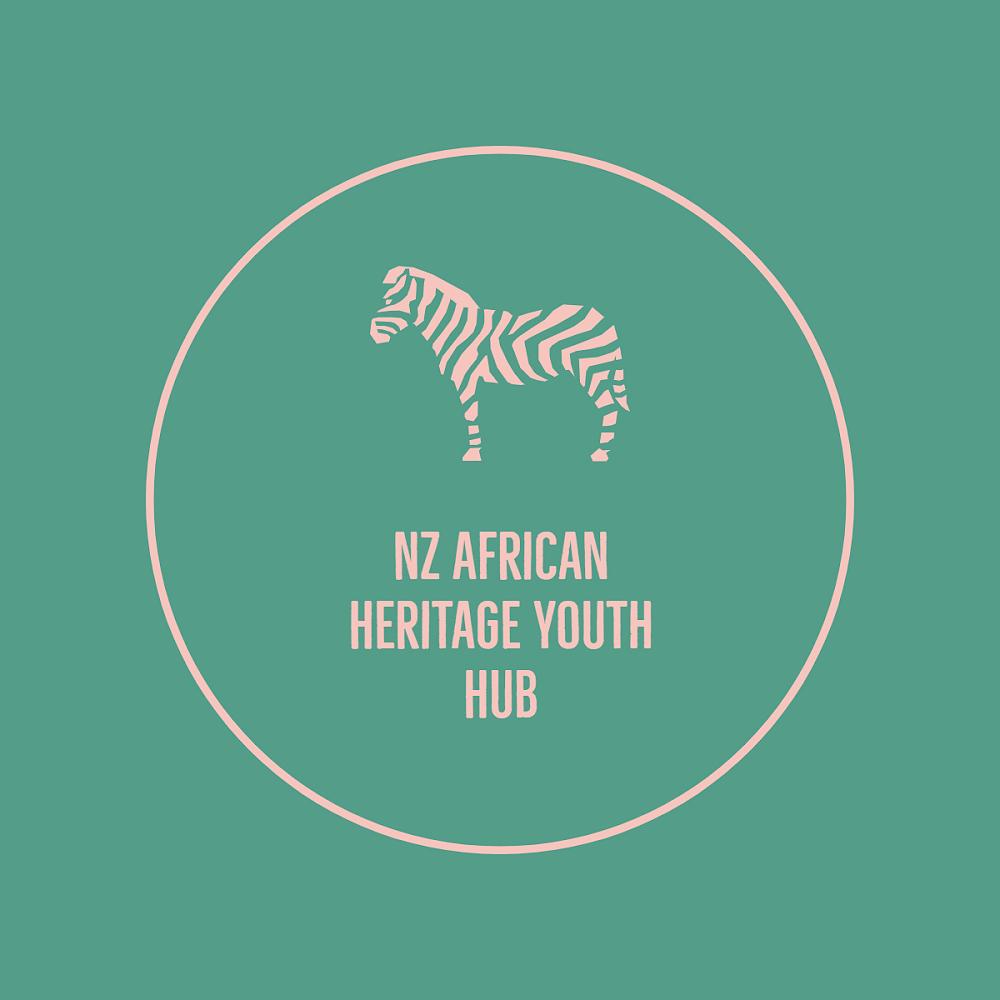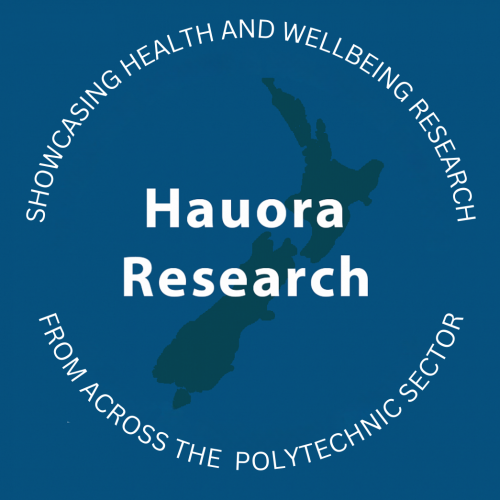
Exploring the cultural identities of youth with African heritage in Aotearoa
Dr Irene Ayallo – Unitec | Te Pūkenga: A new study has revealed how youth of African heritage are navigating issues of cultural identity in Aotearoa New Zealand, leading to the creation of a dedicated online community hub for connection and support.
It is unclear how many young people with African heritage live in Aotearoa, and this is largely because of how ethnicity data is collected.
“In the official New Zealand statistics, African communities are grouped as MELAA [an acronym for Middle Eastern, Latin American or African]. The new Ministry of Ethnic Communities has data on how many people living here identify as Africans – the overall figure is about 65,000 – but no age group breakdown,” says Senior Lecturer in Social Practice at Unitec |Te Pūkenga, Dr Irene Ayallo.
Ayallo wanted to understand experiences and perceptions of cultural identity among young people of African heritage, specifically how those with multiple identities navigate them.
“This project was provoked by a concern that cultural identity is vital for health and wellbeing and that unsuccessful navigation could result in adverse health and well-being outcomes,” she explains. “We wanted to hear the voices of youth of African heritage on how they manage their multiple cultural identities and how they can be supported to do so safely.”
Through community connections, Ayallo and her research team recruited 35 participants, mainly from Auckland and Wellington, aged from 18 to 35.
“The New Zealand definition of youth is 15 to 24, however the African Charter used by most African countries when setting youth policy includes those up to age 35.”
The participants represented two groups of young people – those who were born in New Zealand, and those who had migrated here – including those from migrant and refugee backgrounds.
“I come from a community development background, so I wanted this research to be owned by the young people. I planned to hold dialogic workshops – a type of educational focus group facilitated by the participants themselves after completing a ‘training the trainers’ session.”
However, in response to participant feedback, data was gathered through a combination of dialogic workshops and qualitative questionnaire surveys.
“I was finding it hard to recruit participants. During conversations with some of the young people, they mentioned that some youth shy away from talking about their African-ness, or they feel uncomfortable – because they are so used to ‘dimming their African-ness’ to fit in. They suggested these youth would be more responsive to anonymous questionnaires, and this worked – we got more participants.”
Most participants reported a desire to sustain connections with both their African identities and Aotearoa identities simultaneously.
“Many felt caught in a place where they wanted to maintain a connection to their African-ness and their New Zealand culture – particularly those who were born here or who migrated when they were very young.”
Despite this, these participants felt as if they didn’t quite belong anywhere with their African-ness.
“This was mostly pointed out by participants who mentioned that they had dark skin,” Ayallo says. “They would think, ‘I am a Kiwi – I was born here and have a New Zealand passport’, but at school, university or work, they would be asked where they were from.”
Some would be asked questions about Africa and didn’t know how to answer.
“They had never been to Africa, but they were the face of Africa to others, so to speak. Those wanting to explore their African-ness mentioned that they had limited opportunities or support to do so. For example, some of the participants at university spoke of writing assignments and wanting to include African sources and perspectives, but they didn’t know where to start.”
Most participants reported feeling the need, or being forced, to ‘dim their African-ness’ to try to fit in.
“Some mentioned that they seemed to live multiple lives – one life with their friends and another at home with family, for instance. Examples included changes in how they dressed or how they spoke,” Ayallo says. “Some tried to emulate African Americans by changing their accents and mannerisms. They felt that being African American was better understood and considered cooler than being African.”
Others shared that they were fatigued having to constantly explain their culture to people: “It wasn’t that they were unhappy to share, but it became tiresome because it was happening so regularly.”
Participants also reported challenges in navigating differences in cultural norms.
“Most African communities are kinship-based, and this comes with certain ways of relating to different people, such as the relationship between younger and older people, in terms of showing respect,” she says. “This is not the same in some cultures and, therefore, can cause misunderstanding. For example, some of the youth shared their experiences in school settings where they had been quiet in class out of respect for their teachers, and this could be mistaken for disinterest or low intelligence. To fit in, they had to adopt behaviour that their parents could consider disrespectful.”
Muslim Africans of all genders reported a specific set of struggles, too.
“Because of many complex factors, there are many misunderstandings about Islam. For instance, it is a way of life, not merely a religion. For Islamic communities, it affects almost everything they do,” Ayallo says. “Muslim participants found it challenging to experience what they felt was a very negative prevailing view of Islam as a whole, and a lack of knowledge about Islam in general.”
Preliminary findings showed the participants who struggled the most with cultural identity were those who were either born in Aotearoa or who migrated here before the age of seven.
“Those who migrated here from the age of seven onwards reported to have a stronger sense of their African identity – and for those who arrived after the age of 18, this was very strong. The challenge for these participants was finding people to help them maintain this, because so many of their peers with African heritage were not so strongly connected.”
Participants identified a need for somewhere they could connect with other youth of African heritage to support each other, build resilience, and achieve personal growth while embracing their African-ness.
“There was some funding available, and I’m delighted that we have now received approval to use it to create an online community hub for this purpose,” she says.
To ensure the hub meets the community’s needs, Ayallo gathered the research participants together again so they could lead the process of designing it.
“As well as providing a place to connect and chat informally, the hub will include a mentorship space for education, training and career guidance. There will also be a section highlighting different African cultural groups and languages. Another area is aimed at offering culturally-responsive mental health, social services and legal support.”
For now, the platform will be managed on a voluntary basis by Ayallo and her team through the School of Social Practice at Unitec | Te Pūkenga, with support from a network of community organisations and individuals.
“We will evaluate the project after one year, and then look at applying for external funding – I would love to employ a full-time social worker or counsellor to manage the hub,” she says.
Dr Irene Ayallo is a Senior Lecturer and Registered Social Worker currently teaching social work and community development at Unitec Institute of Technology | Te Pukenga in Auckland, New Zealand. She was born in Kenya and migrated to Auckland in 2006. Her experiences as a migrant, initially as an international student and now a citizen, provoke Irene’s interest in researching and practising with people of migrant and refugee backgrounds. Contact Dr Irene Ayallo
Visit Unitec | Te Pūkenga
